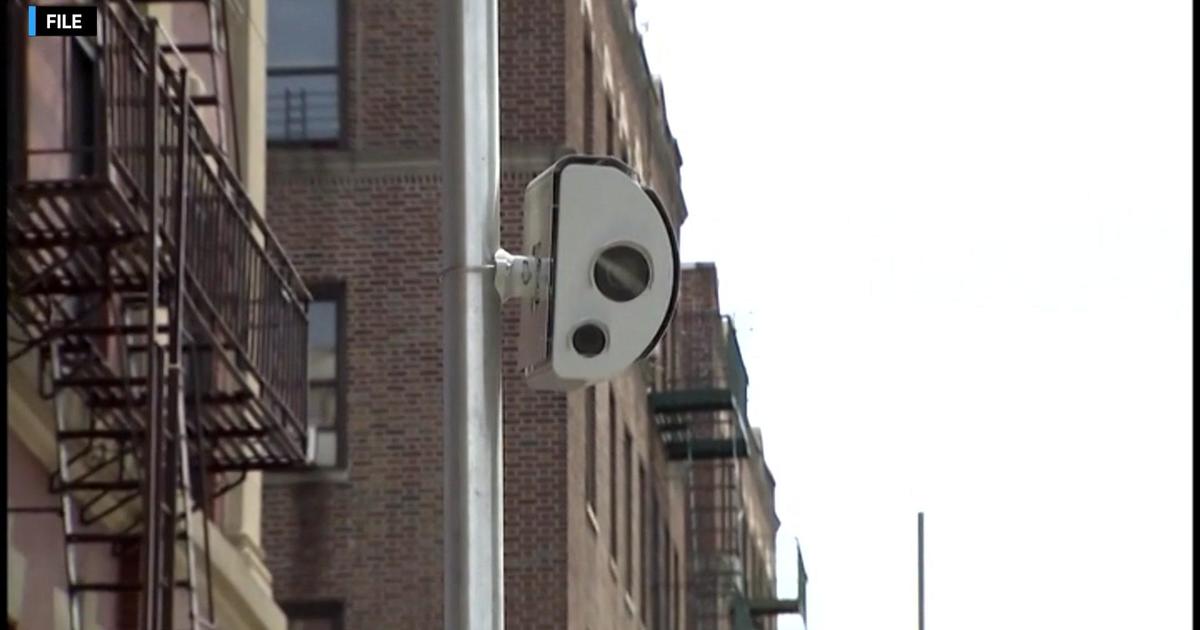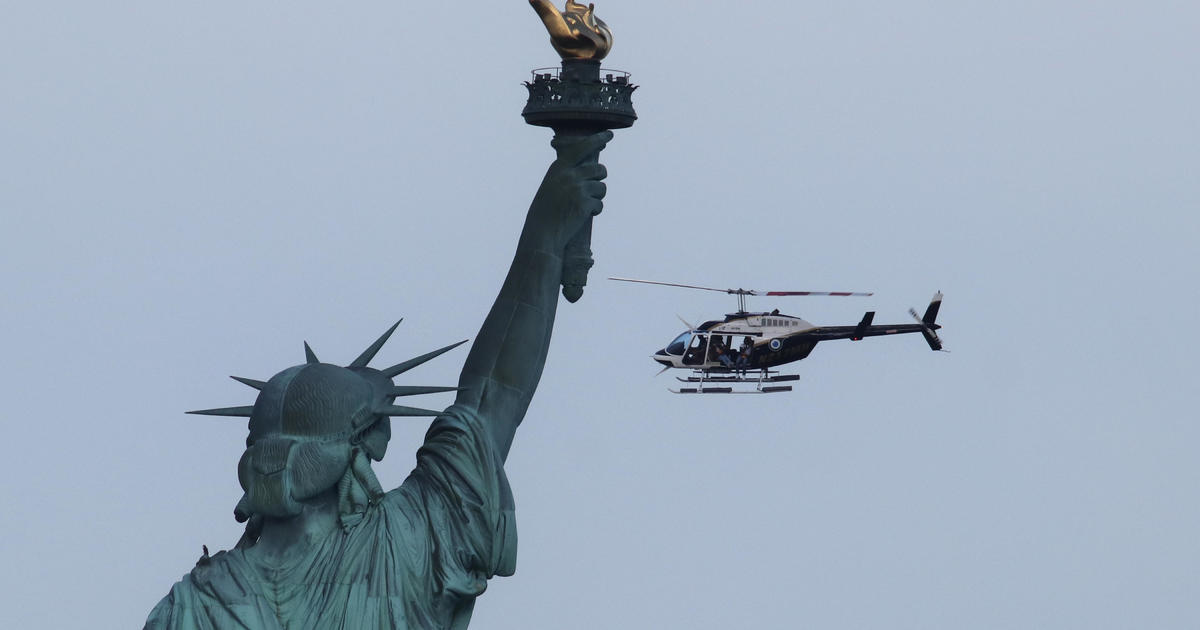By The Numbers: Remembering Game 7 Of The 1960 World Series
By Father Gabe Costa
» More Columns
I still remember it.
Ralph Terry wound up…I just felt that the pitch was going to be too "hittable", even thought I was twelve years old and didn't use the word, "hittable"…I saw the swing on the black-and- white TV…leftfielder Berra kept going back…centerfielder Mantle ran over to help him…and that was it. The baseball disappeared!!! Bill Mazeroski broke my heart…
For this episode of By The Numbers, Mr. Vincent Getz, a member of the Society for American Baseball Research, revisits the World Series of fifty years ago. Mr. Getz will also be our guest author for our next blog.
Vince Getz: The 2010 postseason delivered more than the usual number of memorable moments. The Texas Rangers won not only their first home playoff game ever, but also their first series, and made it to World Series for the first time in their 50-year history. Even Ankiel's 11th inning blast for the Braves in a losing campaign and Juan Uribe's sac-fly walk-off for the Giants in a winning one will be spoken about for years to come. And, of course, the nearly incomparable, downright astonishing, no-hitter thrown by the Phillies' Roy Halladay to open the battle for the National League Pennant will be etched in the game's lore for eternity. For now, his Divisional Series gem will only be compared to New York Yankee Don Larsen's World Series perfect game.
Fifty years ago, though, a singular memorable moment in 141 years of professional baseball and 106 World Series occurred that arguably is the postseason's greatest instant. On October 13th, 1960, what many claim to be the greatest home run ever hit sailed over Pittsburgh's Forbes Field's left field fence off the bat of 24-year old Bill Mazeroski, instantly granting the Pirates their first championship since 1925, and Mazeroski, eternal fame. Long before the term "walk-off" was coined, this ultimate walk-off hit ended the baseball season.
It's not the only time a walk-off hit has ended the World Series, though. Nine times the Series has ended in the home team's last inning, the last time nine years ago - a single off the bat of Arizona Diamondback Luis Gonzalez that buried the New York Yankees in 2001. The first was in 1924, when Earl McNeely's bad-hop single in the bottom of the 12th won it for the Washington Senators over the New York Giants. In 1993, with the Toronto Blue Jays trailing the Philadelphia Phillies 6-5 in Game 6, Joe Carter captured the title with one come-from-behind swing of the bat, a 3-run dinger - the only other time a final at-bat home run ended the World Series. But what makes Mazeroski's homer different, and best of all, were the circumstances.
The world had been remade in the thirty-three years since the Pittsburgh Pirates made their last appearance in the Fall Classic, in 1927, when they were quickly dispatched in four games by the Yankees, the most loved and reviled team in all of sports. The stage was set for a sequel. The Yankees dominated the American League in 1960 and entered the series heavily favored. They led the majors in wins, runs, homers, and RBI. Not one pitcher on their staff had more than nine losses. They had won two of the last four World Series and seven of the last eleven (and would go on to win in 1961 and 1962). They had perennial winners Mickey Mantle, AL MVP Roger Maris, Yogi Berra, Whitey Ford, and manager Casey Stengel.
And they continued their offensive dominance into the series. Slapped with a Game 1 loss to the Pirates by the score of 6-4, they wrought vengeance in the next two games, winning 16-3 and 10-0. The pesky Pirates came back, though, and scratched out wins in Game 4 (a squeaker 3-2) and Game 5 (a more convincing 5-2). Frustrated, the Yanks small-balled their way to a homerless 12-0 rout in Game 6. Six games in, the Yanks had scored more than twice as many runs as the Bucs, 46 – 17, and tossed two shutouts along the way, both on the arm of Whitey Ford. For the 17th time, the World Series would enter a seventh game.
The Pirates jumped out in front first, for only the second time in the Series, taking a 4-0 lead into the 5th inning. But the Yankees fought back, and on the backs of "Moose" Skowron and Berra homers, took a 7-4 lead into the bottom of the 8th, leaving the Pirates three runs down with six outs left in their season. They would only need three.
William Stanley Mazeroski - Bill, or "Maz" - was born September 5th, 1936 in the shadow of Pittsburgh in Wheeling, West Virginia, and began life in a one-room home that did not have electricity or plumbing. Early on, he moved with his parents and sister to tiny Adena, Ohio (pop. 739 in 2009) where he played high school baseball and basketball in nearby Tiltonsville and was good enough to make the varsity squads his first year. His father, Lew, a hard-drinking coal-miner, also aspired to play in the majors, and had the skills, but a work accident that severed his foot ended his pro-ball career before it began. Hobbled and suffering from years in the mines, he transferred his dreams to an athletically-gifted and willing only son, often finding the time for practice. Out of high school, Bill signed with the Pirates and spent three seasons in the minor leagues as a middle infielder, working his way up to the big leagues. In 1956, the year of Larsen's perfect game, he made his major league debut as the Pirates second baseman at the age of 19.
Mazeroski proved to be steady at the plate, providing what was sufficient production for a second baseman…nothing stellar, but expected, consistent numbers. In his first four full years ('57 – '60), he posted averages from .241 to .283. In 1958, his third year in the majors, he knocked out 19 homers, the most in a 17-year playing career where he averaged 10 a year. Most of that time he batted eighth in the lineup, just in front of the pitcher, as he did on that fateful day, playing a role so many before had played and after him would, watching his championship hopes dissipate against those damn Yankees, never expecting that 50 years later he would continue to be celebrated and connected with one of the most hallowed events in baseball history. Having grounded into a double-play to end the bottom of the 7th, though, he looked on helplessly from the dugout as teammate Gino Cimoli stepped to the plate leading off the 8th, pinch-hitting for Pirate reliever Roy Face, with the season dwindling away.
Cimoli singled. Then, Bill Virdon hit a double-play ball, and destiny's hand first interfered. The ball took a bad hop and plunked into Yankee shortstop, Tony Kubek's throat. He would come out of the game and later head to the hospital. The Pirates had first and second, no one out, with NL MVP Dick Groat heading to the batter's box. He singled, and the Bucs tasted blood, 7-5. Bob Skinner bunt sacrificed the two runners into scoring position, but Rocky Nelson failed to convert and flied out. Two outs. Speedy future Hall of Famer Roberto Clemente denied the Yanks a third, though, when he legged out a weak infield grounder that scored Virdon, making it 7-6. Catcher Hal Smith followed and blasted a three-run homer, giving the Pirates an improbable 9-7 comeback lead. The Pirates dugout and the stadium erupted. Now it was the Yankees who stared at defeat, heading into the last inning. Mazeroski, on deck for the final out in the 8th, dropped his bat, grabbed his glove and trotted out to the field with the rest of the team, thoughts of world champion streaming through his head.
Maz finished his career with a respectable 2,000+ hits, nearly 300 doubles, over 850 RBI, and batted a lifetime .260, but he was not known for power or hitting prowess. He was more comfortable in the field than at the plate, winning eight Gold Gloves in ten years and setting multiple fielding records that still stand today - including most double-plays turned in a season with 161 and most career double-plays with 1,706, leading the league eight times. He also led the league in assists nine times. When turning the double-play it was said that the ball never seemed to touch his glove. He is considered by many to be the best defensive second baseman ever. Ironically, it was his fielding that Mazeroski should have been known for. But then, the Yankees tied it up.
Bobby Richardson, later voted MVP of the Series – the only time the award has ever been awarded to a player on the losing team – led off the top half of the 9th with a single. Dale Long followed with another, and before the Yankees were retired, Mantle and Berra had pushed two runs across the plate, evening the score.
Stunned, Mazeroski returned to the dugout, flung off his glove, and sat down, momentarily forgetting that it was his turn at bat. He came to, grabbed a bat and donned his helmet, and stood off to the side, watching Yankee pitcher Ralph Terry warm-up on the mound. He stepped up to the plate. Ball one. Fans around the country had watched or listened to 1,232 regular season baseball games in 1960. Maz appeared in 151 of them and then played in all 7 World Series games. The season had gone the distance now, and there was only one pitch left: Game 7, bottom of the 9th…Yankees 9, Pirates 9. Number 9 dug in. Long Season. Long Series. Long Game. It was a slider that didn't break or a fastball that missed its spot, depending on who you ask. Long Ball.
Mazeroski muscled it just over the head of a knowing Berra and the left field wall. The Pirates Win the World Series! As they say, pandemonium ensued, and, as happened in more innocent times, fans stormed the field amidst the deafening roar of the crowd to accompany the jubilant, gliding, arms-waving, helmet-in-hand William Stanley Mazeroski…hero…around the bases towards home and the embraces of his fellow champions. It remains the only home run hit in the bottom of the 9th of Game 7 of the World Series to win it.
Later, Mazeroski, mostly a bottom of the order singles hitter, would acknowledge that as he entered the batter's box to face Terry, he was thinking home run. As he rounded the bases, though, his mind was blank. "What did I think? I was too excited and too thrilled to think. It was the greatest moment of my life."
Until 2001. By Veteran's Committee selection, Mazeroski entered the Baseball Hall of Fame. Overcome with emotion, Bill could barely get the words out when he called his wife, Milene, to tell her the news. Humble as ever, when he accepted the honor at the induction ceremonies, he again managed to utter only a few words (highlighting the importance of recognizing defense as much as hitting and pitching) of a prepared lengthy speech before having to step down from the podium, overwhelmed. This was the man everyone knew…known for welling up at the accolades, grateful for the opportunity fate provided him, kindly turning down some celebratory engagements over the years for concern over seeming too proud. When he did come out he was always sure to give credit to his teammates, often inviting them on the stage with him.
Appropriately, outside PNC Park today, rubbing shoulders with bronze statues of Pirate – and baseball – legends Honus Wagner, Roberto Clemente, and Willie Stargell, stands one of Bill Mazeroski, "flying" around the bases, one foot barely on the ground, arms outstretched, and helmet held high overhead, on "Mazeroski Way," celebrating the moment and the man.
Next Blog: Game Six of the 1958 World Series Revisited
Related articles
- Smith's Homer Vs. Yankees Was Series' Biggest - Briefly (newyork.cbslocal.com)




